More than 1000 children left without a parent because of domestic homicide
More than 1000 children are estimated to have been left virtual orphans by domestic homicide — their mothers violently killed, their fathers in prison and their homes a crime scene.
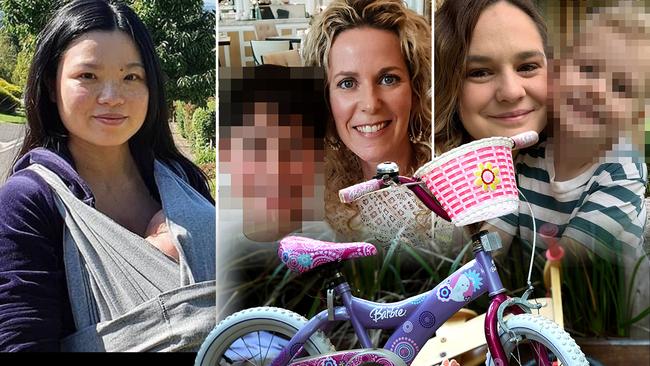
Police & Courts
Don't miss out on the headlines from Police & Courts. Followed categories will be added to My News.
More than 1000 children and youths are estimated to have lost a parent due to domestic homicide in Australia in the past two decades.
In many cases, their mother has been killed, their father sent to prison and their homes the scene of the horrific crime.
These children are essentially orphaned, ripped from the life they knew before and forced to navigate a complex road of instability, isolation, grief and anger.
Yet experts say these children are still largely “invisible” to the justice system and significant reform is needed to recognise the scale of trauma caused by violence to salvage their futures.
Many of Victoria’s recent domestic homicides have left children without mothers.
Michelle Darragh had two sons and was pregnant with a third child, Chen Cheng had a kindergarten-aged son, Bekkie-Rae Curren-Trinca had a little girl and Elaine Pandilovski a son.
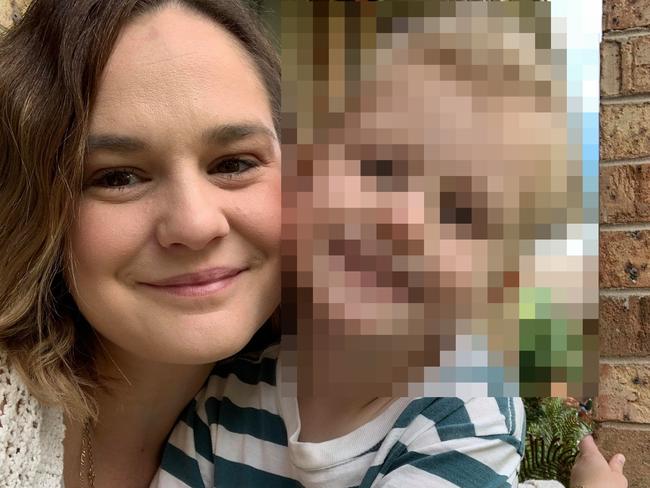
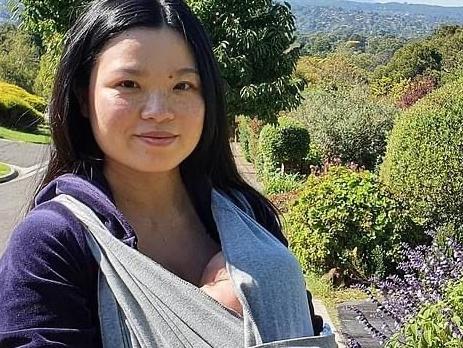
Ju ‘Kelly’ Zhang’s son was just eight years old and inside the family home in Epping when she was stabbed to death by her boyfriend Joon ‘Sam’ Seong Tan and dumped in a wheelie bin in early 2021.
Tan later convinced the scared little boy his mother went for a walk and cruelly drove the streets with him in search of her.
Every day since his mother’s death, the boy asks him grandma “Where has mum gone? When will she come back?” I really miss her”.
“She left and I didn’t know where she went. I am so afraid that I can’t sleep every night and I cry alone in the quilt. I dream of my mum, but when I wake up, she is not there,” he said in his victim impact statement to the Supreme Court of Victoria.
In July 2018, Samantha Fraser was murdered by her estranged husband Adrian Basham who tried to convince their three children — then aged five, seven and nine — that their mother took her own life.
Their trauma has been immense, with Ms Fraser’s eldest daughter now suffering stress-related night seizures, her youngest daughter unable to sleep alone and her son tormented by recurring nightmares about finding family members dead inside the house.
The eldest daughter, now a teenager, bravely faced her father in court to tell how his actions ruined her life.
“I lost my mum, my dad, my social life and a chance at a normal future,” she said.
She explained the impact to her school life, with peers taunting her with comments like “What if (she) goes psycho just like her dad and kills us? What are you going to do? Cry about it to your mummy”.
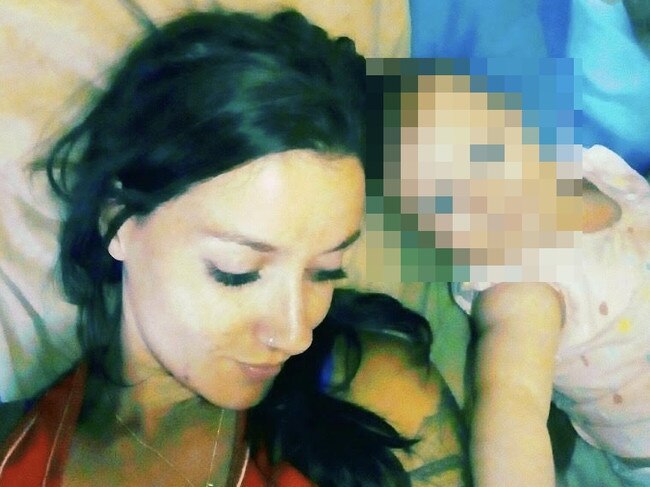
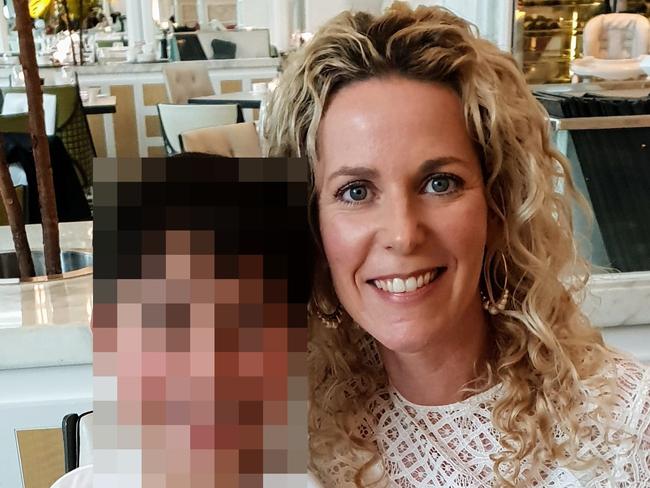
That same month in Cranbourne East, another three children — aged three, five and ten — lost their mother in similarly horrific circumstances.
The eldest two watched on with terror as their father Daniel Eckersley stabbed their mother Amanda Harris to death in the family dining room.
The dad then set fire to a couch, hoping it would burn his wife’s body, put the children in the car and warned them not to tell anyone he killed their mum.
Such acts of extreme violence never leave children and can impact almost every aspect of their future.
Some exhibit feelings of unsafety and trauma through violent outbursts while others retreat from the world altogether.
Many are hardwired to be on high alert at all times as that was key to surviving their abusive households.
University of Melbourne Professor Eva Alisic studies children and young people bereaved by domestic homicide.
She said society “often underestimates the massive impact” it has on children.
“Their whole world, living situation and often school situation is turned upside down all of a sudden and that’s the start of a lifelong journey,” she said.
“Living with loss and grief, sometimes having witnessed the killing, getting used to a new home, emotionally connecting to new caregivers, who are sometimes family and sometimes not.
“Dealing with all the media stories about what happened or what people think happened and facing big identity questions. I can’t do justice to the enormity of it,” she said.
The Alannah and Madeline Foundation provide long-term recovery support for children who lose a parent to domestic homicide.
Lee Cameron, director of trauma informed programs, said children who witness a parent assaulted or even killed are not considered victims in their own right by police responsible for reporting to the Crime Statistics Agency.
Instead these children are regarded only as being “present” at a family violence incident.
Nationally, there is no database that captures the number of children who lose a parent to domestic homicide.
Ms Cameron said it is impossible to effectively help traumatised children if the scale of the problem is not known.
“Unless the child is the victim of the assault or murder, they aren’t in the statistics. They are invisible,” Ms Cameron said.
“Children need to be seen as victims in their own right.”
Annually, the foundation’s Children Ahead program provides therapeutic support to 30 to 40 children exposed to significant family violence in Victoria.
Ms Lee said they are flooded with referrals – on average 17 a month – but don’t have the funding to expand.
“The system still does not understand and struggles to keep pace with the needs of children,” she said.
“These children are deeply traumatised and experience difficulties with establishing friendships, managing at school, mental health struggles and self-harm.
“These problems don’t just go away. We must deal with them.”
Professor Alisic said children are the experts in their own lives and should be empowered to make decisions about their future such as where and with whom they live and whether they visit the perpetrator.
“We need to ask children what’s important to them. And we can’t ask them as a one-off and be done with it; we need to keep checking in over time, and also observe how children are doing,” she said.





